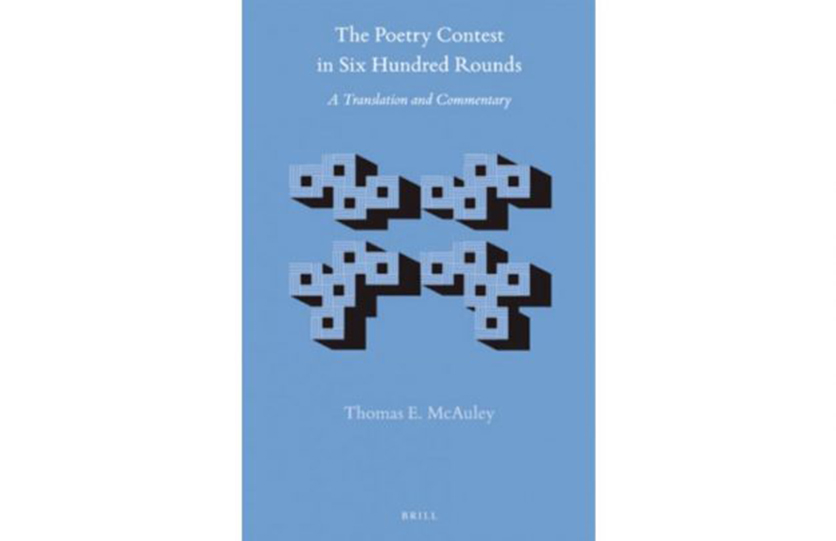
Book launch: The Poetry Contest in Six Hundred Rounds
- 23 January 2020
- 6pm – 8pm
- Daiwa Foundation Japan House, 13 - 14 Cornwall Terrace, London NW1 4QP. Nearest tube: Baker Street
- http://dajf.org.uk/event/the-poetry-contest-in-six-hundred-rounds
- 020 7486 4348
- events@dajf.org.uk
- Tweet
For the monumental Poetry Contest in Six Hundred Rounds (Roppyakuban uta’awase) (1193-94), twelve poets each provided one hundred waka poems, fifty on seasonal topics and fifty on love, which were matched, critiqued by the participants and judged by Fujiwara no Shunzei (1114-1204), the premiere poet of his age. The competition’s critical importance is heightened by the addition of a lengthy appeal (chinjō) against Shunzei’s judgements by the conservative poet and monk, Kenshō. The combination of poetry, criticism, judgements and appeal make it one of the key texts for understanding poetic and critical practice in late twelfth century Japan, and the conflict between conservative and innovative poets which was to play out in the following decades. The contest’s status meant that it also had a lasting influence on the subsequent assessment of poetry in later competitions by other judges and critics.
The Competition and Appeal are presented here for the first time in complete English translation with accompanying commentary and explanatory notes by Dr Thomas McAuley.
About the contributors
Dr Thomas E. McAuley is Lecturer in Japanese Studies at the University of Sheffield. His research, which addresses questions of translation and mediaeval Japanese poetic and critical practice, has appeared in Babel and Japan Forum. He created and runs www.wakapoetry.net, a website which is devoted to the various forms of classical Japanese poetry, and has contributed over 5,000 of his translations of waka poems to the site. He is also engaged in a project studying botanical gardens in Japan with reference to plants mentioned in the eighth century poetry anthology, the Man’yōshū, to determine how they function as both botanical and literary tourism facilities.
